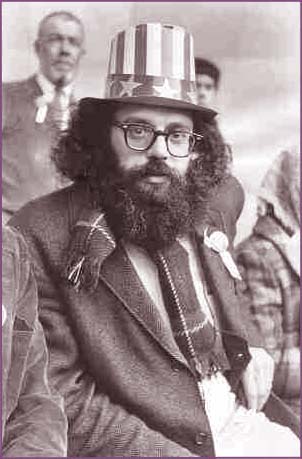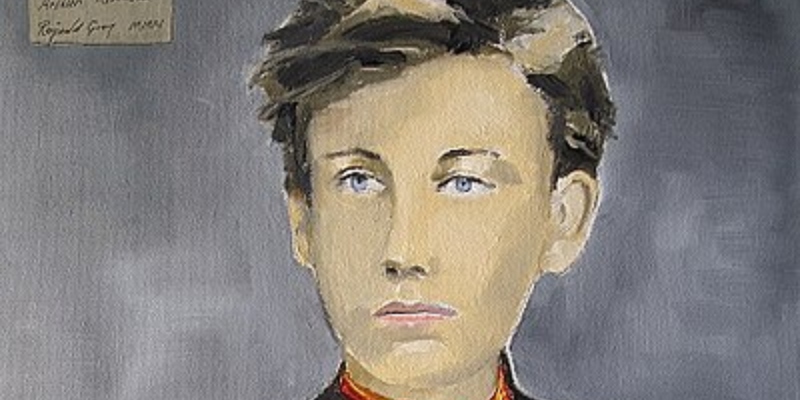I can summon the dead.
I can perceive events on other worlds,
in my deepest inner mind,
and in the minds of others.
It is arguable whether he should be considered a poet or a singer/lyricist or both. That is for readers to decide.
He earned a bachelor’s degree from UCLA’s film school in 1965. His fame comes from being the lead singer for The Doors, formed in 1965. From their first album, The Doors (1967) to their last, An American Prayer, (released posthumously in 1978, with new music that the three surviving Doors set to spoken-word recordings Morrison had made prior to his death) interest in Morrison has continued.
Morrison's first book of poetry was The Lords and The New Creatures, originally self-published as two volumes in 1969.
The Collected Works of Jim Morrison: Poetry, Journals, Transcripts and Lyrics was published this month and is a comprehensive, 600-page book with a foreword by novelist Tom Robbins. The book was inspired by a posthumously discovered list of his entitled “Plan for Book.”
“I thought Jim would be a poet, like one of the Beat poets in San Francisco. That’s what I was expecting. And I was worried! Because I thought he would never make enough money as a poet to get by,” says Anne Morrison Chewning, who wrote the prologue for the book and is the co-executor of her late brother’s personal estate.
The book intends to be definitive with a lot of unpublished material. It includes handwritten excerpts from 28 of Morrison’s recently discovered notebooks, recorded and unrecorded lyrics and many photos and drawings (including rarely seen family photos).
I'll tell you this...
No eternal reward will forgive us now.
For wasting the dawn.
Back in those days everything was simpler and more confused.
One summer night, going to the pier.
I ran into two young girls.
The blonde one was called Freedom.
The dark one, Enterprise.
We talked and they told me this story.
Now listen to this...
I'll tell you about Texas radio and the big beat.
Soft driven, slow and mad.
Like some new language.
Reaching your head with the cold, sudden fury of a divine messenger.
Let me tell you about heartache and the loss of god.
Wandering, wandering in hopeless night.
Out here in the perimeter there are no stars.
Out here we is stoned.
Immaculate.




